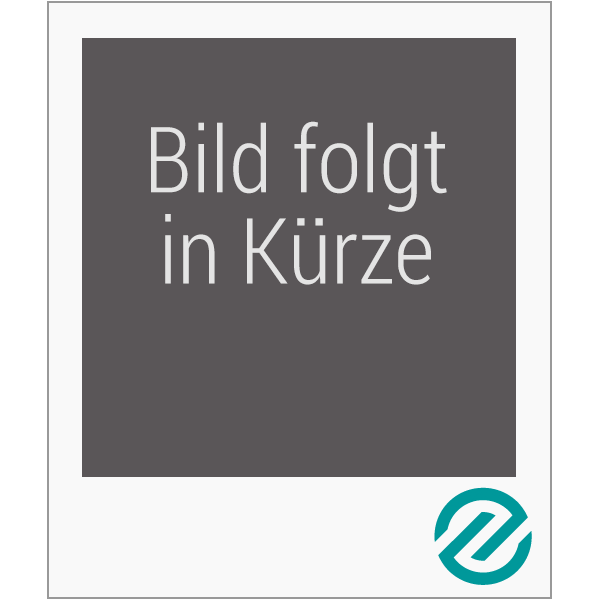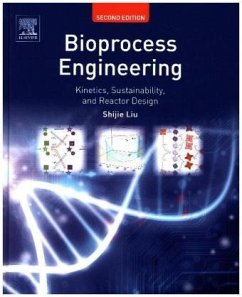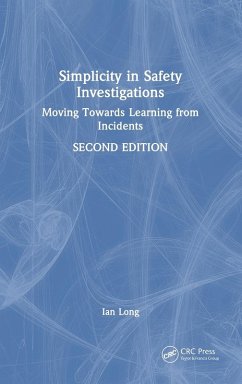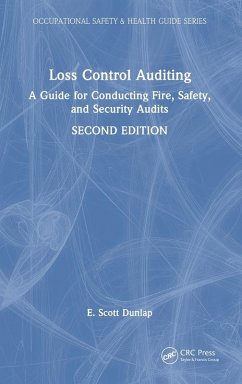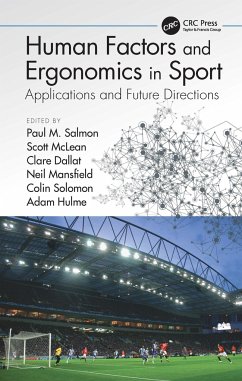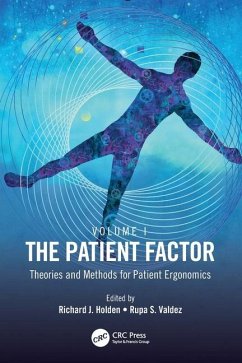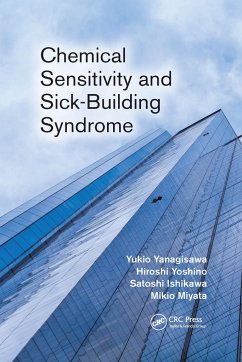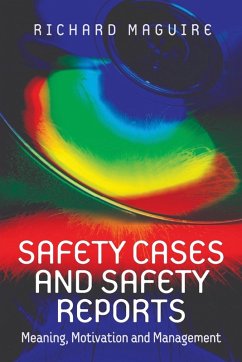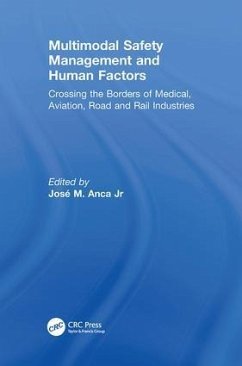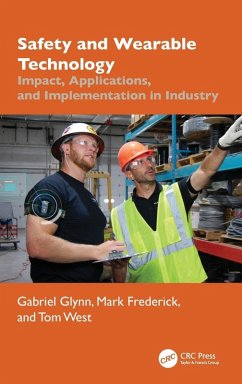Gebundenes Buch
Biosafety and Biosecurity
Practical Insights and Applications for Low and Middle-Income Countries
Herausgeber: Guerrero, Jonathan Jaime G.; Destura, Raul V.; Cena-Navarro, Rohani
Versandkostenfrei!
Versandfertig in 1-2 Wochen
Weitere Ausgaben:

PAYBACK Punkte
66 °P sammeln!




Biosafety and Biosecurity: Practical Insights and Applications for Low and Medium-Income Countries comprehensively summarizes the state and development of biosafety and biosecurity in developing and developed nations in a comparative analysis, allowing the reader a 360 view of the subject area.
Jonathan Jaime G. Guerrero is a certified biorisk officer (CBO), trained under the third cohort of the Philippine Advanced Biorisk Officer Training Program (PhABOT) of the National Training Center for Biosafety and Biosecurity of the University of the Philippines Manila in 2015. He has a master's degree in Plant Pathology from the University of the Philippines Los Baños and is currently pursuing a dual degree in Doctor of Medicine - Master in Public Health (MD-MPH), a joint program of the University of the Philippines Manila College of Medicine and College of Public Health. Rohani Cena-Navarro is a veterinarian and Assistant Professor at the National Institute of Molecular Biology and Biotechnology, National Institutes of Health-University of the Philippines Manila and Assistant Director at the National Training Center for Biosafety and Biosecurity (NTCBB) NIH-UP Manila. She earned her Doctor of Veterinary Medicine from the University of the Philippines, Los Banos in 2010. After graduation, she pursued her MS graduate studies in Veterinary Medicine, studying pathology of viral diseases at the Laboratory of Animal Diseases, Chonnam National University, South Korea. After joining UP-NIH in 2014, she became the Chair of the Institutional Animal Care and Use Committee (IACUC). She also served as the Chair of the UP Manila Institutional Biosafety and Biosecurity Committee (IBBC) from 2019-2022. Dr. Cena received her certification as a Biosafety Officer under the Philippine Advanced Biorisk Officers Training in 2015 and is also a Certified Professional by the International Federation of Biosafety Associations. As an advocate of biosafety, she led several capacity-building projects in promoting biosafety and biosecurity awareness in the Philippines through various local and international partners. In 2019, she received a scholarship to represent the Philippines in the Biosecurity Diplomacy Fellowship for Young Scientists from the Global South funded by the United Nations Office for Disarmament Affairs (UNODA) Geneva. Dr. Cena is the Course Director of the DOH-Accredited Online Biosafety Education and Awareness Training (BEAT), a virtual training program dedicated to laboratorians handling SARS-CoV as part of NTCBB's response to COVID-19. Raul V. Destura is a molecular microbiologist, medical doctor and infectious disease specialist, and industry leader. He underwent a fellowship in Emerging Infectious Diseases at the University of Virginia, USA. Joining the National Institutes of Health Philippines, he served as the director of the National Institute of Molecular Biology and Biotechnology in 2006 and later became the director of the National Training Center for Biosafety and Biosecurity in 2018. A course developer and coordinator since 2008, he continues to contribute significantly to biosafety training in the Philippines through the Advanced Biorisk Officer's Training and the Basic Biosafety Online Training. Marian P. De Leon is the Director of the Museum of Natural History and concurrent Assistant to the Vice Chancellor for Research and Extension of the University of the Philippines Los Baños. She also serves as the University Researcher and Curator of the UPLB MNH Microbial Culture Collection. She pioneered research on exploration of Philippine Caves for pathogenic, novel and potential microorganisms. In 2019, she was conferred as Certified Biorisk Officer (CBO) given by the National Training Center for Biosafety and Biosecurity and the US Department of State Biosecurity Engagement Program. As CBO, she was given an appointment to serve as Biosafety Officer and Scientist Member of the UPLB Institutional Biosafety Committee. Her contributions in Microbiology have been recognized by the Philippine Academy of Microbiology, Inc. and certified her as a Registered Microbiologist. Currently, she is the Corporate Secretary and Chair of the Division 5 - Biological Sciences of the National Research Council of the Philippines and holds several positions and active membership in professional organizations. Kin Israel Notarte holds a Doctor of Medicine and a Master of Science in Microbiology, both from the University of Santo Tomas (Philippines). Currently, he is a PhD candidate in Pathobiology (Microbiology and Infectious Disease) at the Johns Hopkins University School of Medicine (USA). With over fifty publications, his current research is focused on post-COVID-19 syndrome and understanding HIV dynamics and evolution, utilizing next-generation sequencing and phage immunoprecipitation sequencing. Additionally, he serves as a reviewer for over thirty journals, including The Lancet and the New England Journal of Medicine, and as a review editor at Frontiers in Medicine and a guest editor at Frontiers in Immunology. An accomplished scientist, he received training in chemical biology from Waseda University (Japan) and molecular mycology from Seoul National University (Korea) and served as a Bayer Fellow for the 72nd Lindau Nobel Laureate Meetings in Medicine and Physiology (Germany). Mark Angelo O. Balendres is a Full Professor at the De La Salle University Department of Biology. He obtained his PhD in Agricultural Science (Plant Pathology) from the University of Tasmania, Australia. He is also a member of the Global Young Academy. His work focuses on the etiology, epidemiology, impact and management of plant diseases. He is a member of the editorial board of several scientific journals and has written papers on plant pathology, crop protection, plant science, and agricultural mycology.
Produktdetails
- Verlag: CRC Press
- Seitenzahl: 388
- Erscheinungstermin: 15. Juli 2024
- Englisch
- Abmessung: 240mm x 161mm x 25mm
- Gewicht: 746g
- ISBN-13: 9781032544052
- ISBN-10: 1032544058
- Artikelnr.: 70151413
Herstellerkennzeichnung
Libri GmbH
Europaallee 1
36244 Bad Hersfeld
gpsr@libri.de
Für dieses Produkt wurde noch keine Bewertung abgegeben. Wir würden uns sehr freuen, wenn du die erste Bewertung schreibst!
Eine Bewertung schreiben
Eine Bewertung schreiben
Andere Kunden interessierten sich für




